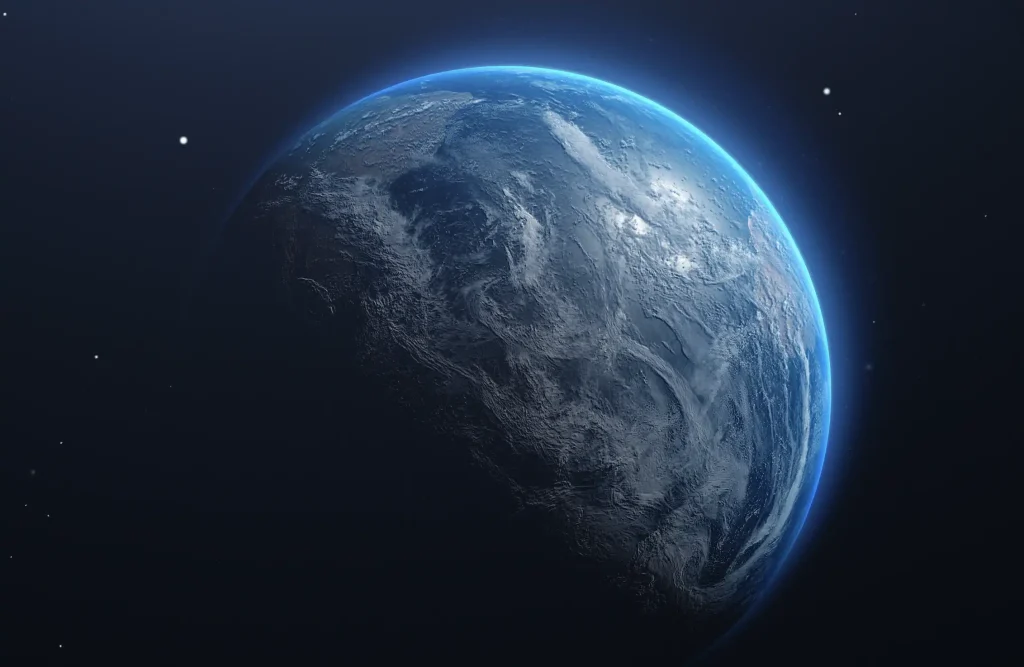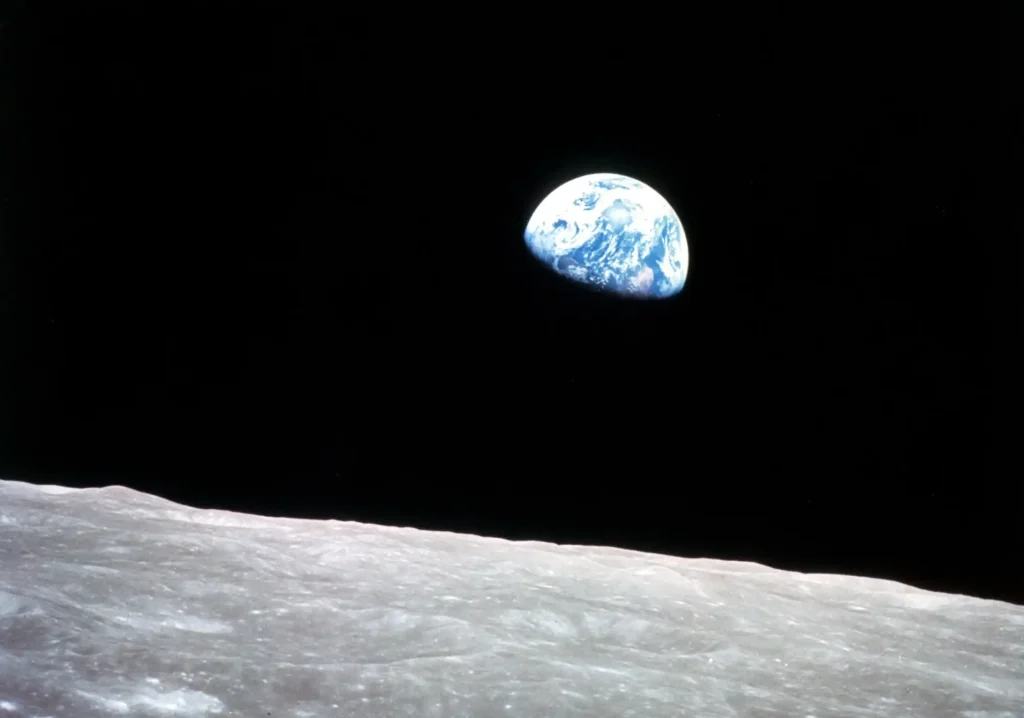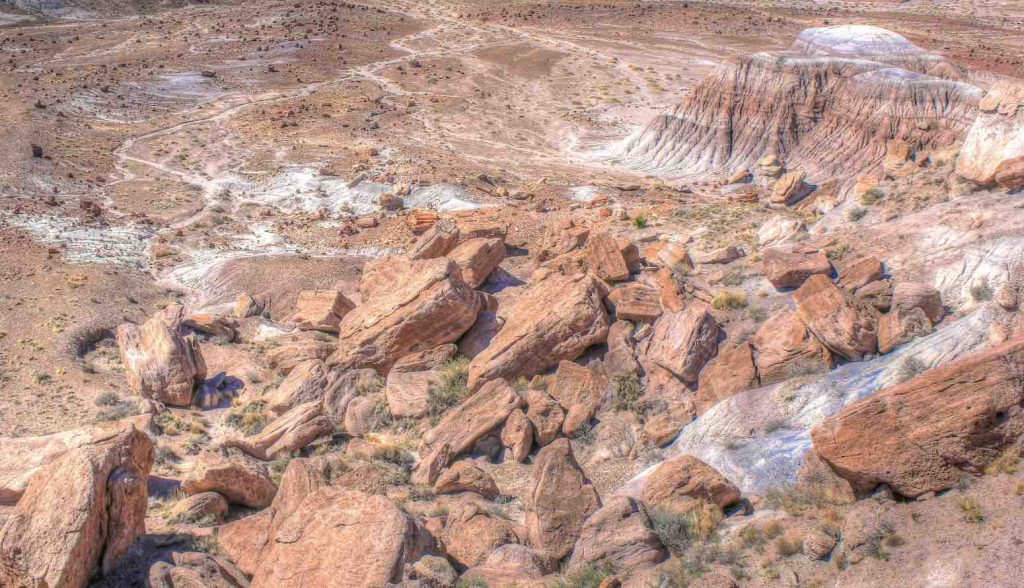How Old Is Earth? Mysteries Of Our Planet’s Age
How old is Earth? Scientists have been unraveling for centuries to find the answer to this question. This article will discuss the current scientific estimates. You can also explore methods that scientists use to give you the answer. So let’s get ready for this journey!
How Old Is Earth?
Earth is about 4.54 billion years old. Estimates of the age of the earth are based on many methods. Scientists can base on the age of the lunar and meteorites.
Our understanding of Earth’s age will continue to develop. Hence, the current estimate just provides a solid foundation for the development.
Scientists have been trying to find out the age of Earth for a long time. They used different methods. The most common ones were looking at changing sea levels and how quickly Earth and the sun cooled down.
However, the ocean levels go up and down in unpredictable ways. As a result, the methods above didn’t work.

Another approach scientists took was to study rocks on Earth’s surface. Unfortunately, the movement of Earth’s tectonic plates constantly changes the rocks. Hence, the original ones may transform into new ones.
There is also a problem named the Great Unconformity. It refers to the layers of rocks missing. For example, there is a missing billion-year-old rock layer at the Grand Canyon. Some scientists think glaciers may have destroyed the missing rock during an ice age.
Luckily, in the 20th century, scientists developed a better method named radiometric dating. They realized that several radioactive elements had decayed into different elements at a predictable speed.
So, by studying the existing elements, people can measure how long the decay took. And then, they are able to tell the age of the rock.

The oldest rocks, Acasta Gneiss, are about 4.03 billion years old. Scientists also find rocks on other continents. That’s why they can estimate the age of Earth.
Different Methods To Calculate The Age of Earth
One of the keys to calculating the age of Earth is to measure the age of rocks. But here comes a question: How to determine the rock’s age?

Radiometric Dating and Half-Life
Radiometric dating is the most popular technique to determine the age of rocks. It relies on certain rock elements that are radioactive and decay over time.
Scientists measure the rate of decay using the concept of half-life. This idea refers to when it takes 50% of the radioactive atoms to decay.
So, scientists compare the relative numbers of parent and daughter isotopes in a rock sample. Then, they can calculate its age.
Uranium Isotopes and Zircon Minerals
In radiometric dating, scientists often use uranium isotopes like U-238 or U-235. They delay into lead isotopes (Pb-206 and Pb-207, respectively) over time.

Scientists can determine its age by analyzing the ratios of these isotopes in the rock sample.
Besides, zircon can incorporate uranium but not lead. Hence, any lead in zircon is the result of uranium decay. Scientists find it an excellent mineral to determine the age of rocks.
This video will show you how radiometric dating works in detail:
Brief Overview Of Earth’s Age Research
- In 1862, physicist Lord Kelvin estimated that Earth was somewhere between 20 and 400 million years old. He used calculations on the cooling of Earth from the molten state to estimate its age.
- In the 20th century, scientists deepened their understanding of radioactivity. They also explore the radiometric dating method.
- In 1904, physicist Ernest Rutherford and his colleagues were the first to experiment with a rock sample.
- In 1921, Arthur Holmes demonstrated the validity of radiometric dating. He also stated that Earth was several billion years old.
- Since the 1960s, we have considered radiometric dating the most popular method to calculate the age of rocks.

Conclusion
Using various dating methods, scientists have estimated the age of Earth to be approximately 4.54 billion years. Our knowledge will undoubtedly develop as we continue to explore the Earth’s history. So, keep up with the latest news to discover the vastness of your planet!
Pete is a software engineer who currently works full-time managing MarsScreen.com. On the side, he enjoys coding his own projects and spending time with his wife and two dogs. When he's not working or hanging out with family and friends, you can find him playing the guitar or running. My Instagram.






